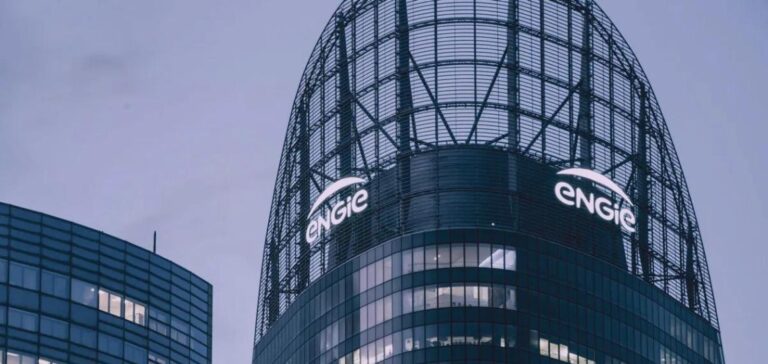Engie, the French energy giant, has announced a net profit of 1.9 billion euros for the first half of 2024, marking a return to profitability after a loss of 800 million euros in the same period last year.
This result comes against a backdrop of stabilizing market conditions after several periods of volatility.
CEO Catherine MacGregor expressed her satisfaction with this performance, which reflects the robustness of the Group’s integrated business model.
Sales fell by 20.2% to 37.5 billion euros, reflecting the continuing challenges in the energy market.
Despite this decline, recurring net income totaled 3.8 billion euros, down only 6.9% thanks to optimization measures and rigorous cost management.
Expansion of renewable energies
Engie strengthens its activities in renewable energies.
More than 1 GW of new capacity is installed, with nearly 7 GW under construction by the end of June 2024.
The company also successfully integrates Broad Reach Power, a US player specializing in battery storage, adding 800 MW of storage capacity in the United States.
This expansion is underpinned by favorable hydrological conditions in Europe, particularly in France and Portugal, where hydropower volumes are up 30%, offsetting lower prices.
Operating income from renewable energies rose by 5.7% in organic terms, thanks to new capacity commissioned in Latin America, the United States and Europe.
Forecasts revised upwards
In view of these positive results, Engie has revised upwards its forecasts for 2024.
The Group now anticipates recurring net income of between 5.0 and 5.6 billion euros, compared with a previous range of 4.2 to 4.8 billion euros.
Similarly, operating income (Ebit) excluding nuclear power should be between 8.2 and 9.2 billion euros, up from the previous estimate of 7.5 to 8.5 billion euros.
However, the Group also faces challenges.
Lower gas distribution volumes in France, due to mild weather conditions, are having a negative impact on results.
The normative temperature effect is generating a cumulative negative variation of 69 million euros compared with the first half of 2023 in infrastructure, retail and GEMS (Global Energy Management & Sales) activities.
Market reactions
These performances were well received by the stock market.
Engie shares rose by 2.55% to 14.92 euros, against a general market downturn of 0.96%.
This positive reaction underlines investors’ confidence in Engie’s ability to navigate a complex environment while maintaining a solid growth trajectory.
Engie continues to position itself as a key player in the global energy transition, with a strategy focused on renewable energies and energy storage.
This strategic orientation enables the group to capitalize on decarbonization trends and respond to global energy challenges.
Engie’s results for the first half of 2024 illustrate the Group’s resilience and adaptability in the face of market fluctuations.
With upwardly revised forecasts and strong momentum in renewable energies, Engie is well placed to continue its growth and strengthen its position in the global energy market.






















